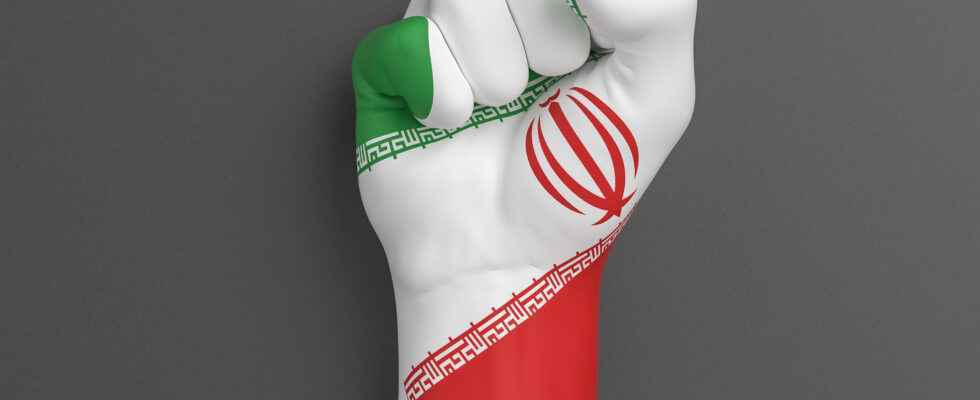Yet regularly accused of laxity in this area, Facebook’s moderation was initially inflexible with regard to the sometimes violent content posted by opponents of the Tehran regime.
Facebook’s parent company’s decision to censor a post showing a cartoon of Iranian regime cleric Ali Khamenei, along with a call to kill him, has been widely criticized in Iran. The company’s board of directors announced on Tuesday that it had met to consider perhaps making exceptions to its content policy prohibiting calls for violence. The decision on the post in question has been reversed, so it is again available on Facebook.
Social networks, strategic instruments of Iranian protest
Using modern means of communication, the Internet and social networks in mind, to criticize authoritarian governments has for years become the norm. These channels are used in particular to organize protest, even when the regimes criticized do everything to control their populations’ access to the Web. This trend really exploded in the early 2010s, when a wave of revolutions in the countries of North Africa and the Middle East tried, with varying degrees of success, to overthrow the regimes in place. And the tremendous popular protest that arose in Iran last month is no exception to the rule.
On September 16, when Mahsa Amini, a 22-year-old Iranian girl, was arrested and then killed by her country’s vice police for wearing her hijab improperly, it was apparently the last straw for many Iranians. Since then, protest against the ayatollahs’ regime has been growing in the population for nearly three weeks. The blackout decided by the said regime makes it difficult to assert the situation, but it is established that dozens of demonstrators have already died during these demonstrations.
Meta reconsiders his decision
The post that called for the murder of Khamenei was posted in July, so before the start of these events. Following its policy on calls for violence, a fortiori when the targets are political leaders, Facebook moderation initially censored it. But this decision, already disputed at the time, really aroused an outcry at the death of Mahsa Amini and was revoked after review. In a statement, the company explained: The Board does not have the ability to appeal all decisions, but focuses on cases that potentially have the greatest impact across the world, or that are of critical importance in public debate. »
If a content policy prohibiting calls to violence is in theory difficult to criticize, practice has shown that this question is much more complex. Indeed, this is not the first time that Meta has had to reconsider this type of decision. Since the invasion of Ukraine by Vladimir Putin’s troops, Facebook moderation has censored many posts in which Ukrainians openly wanted the Russian leader dead. A week of challenges from the latter had finally made this type of speech possible. However, Mark Zuckerberg’s company, faced with these two notable and authorized sprains to its content policy, could well be forced to review the main lines.
Sources: The Verge, NPR, Wikipedia

3